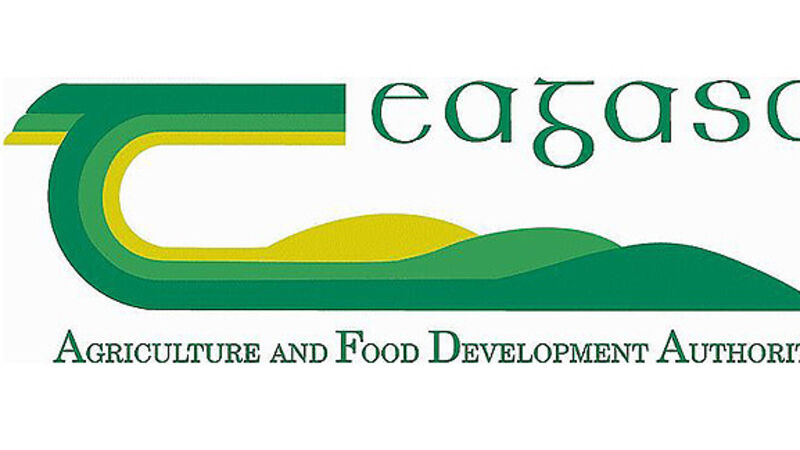Brexit could cost agri-food sector €800m, says Teagasc expert

Teagasc has just published a report on Brexit, authored by Dr Kevin Hanrahan.
In brief, while Ireland is less dependent on the UK than it was when entering the EEC in the 1970s, Britain still takes 40% of Irish agri-food exports.













